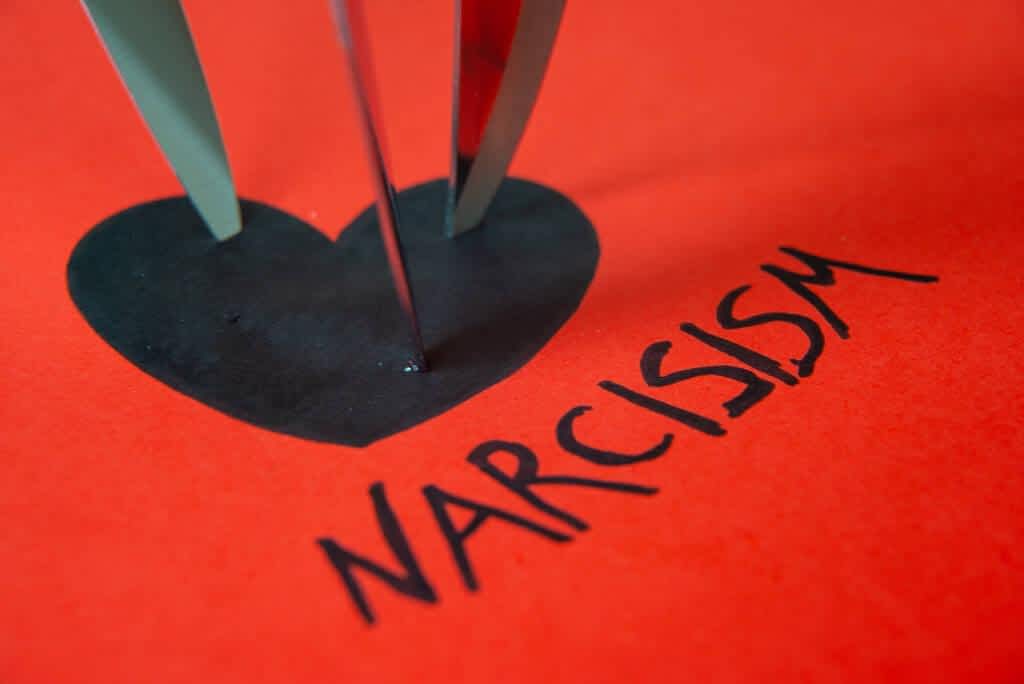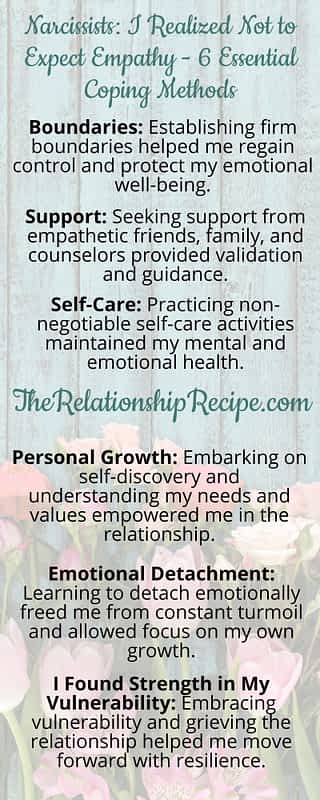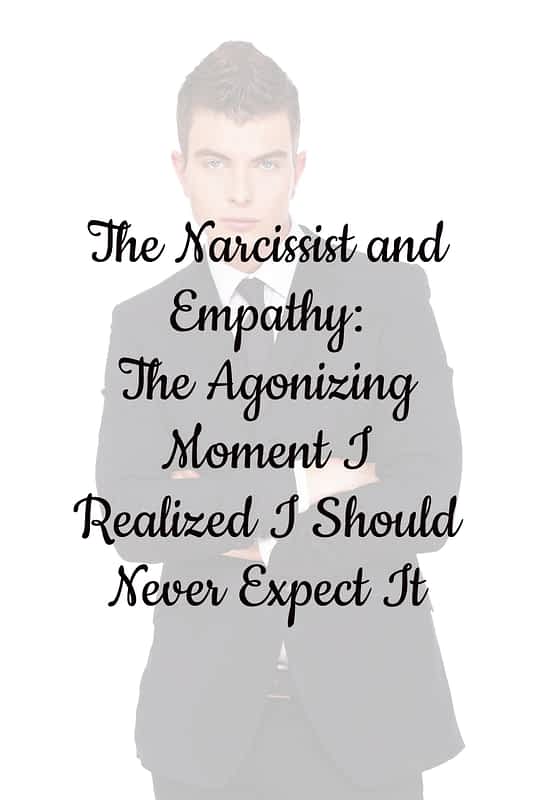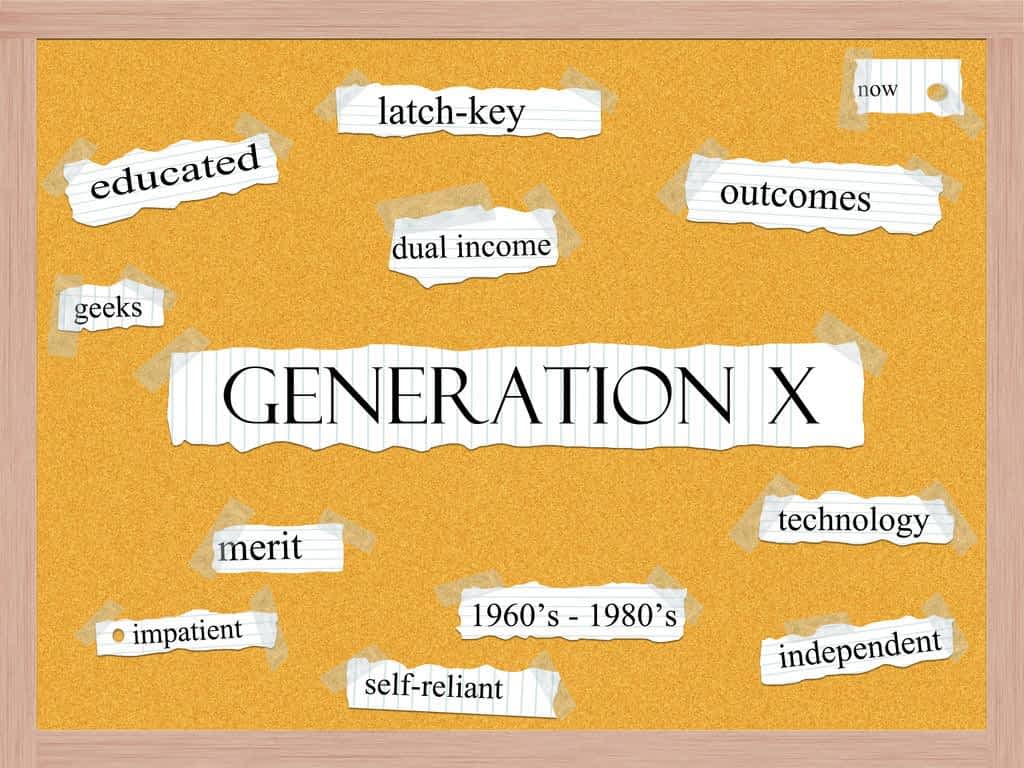Never Expect Empathy from a Narcissist: 6 Essential Coping Methods
You know that moment when you’re pouring your heart out, hoping the person you’re with might finally meet you halfway emotionally… and instead, you’re met with a blank stare or some cold, dismissive comment that leaves you feeling worse than before? It’s the one where something inside you finally clicks, and you realize you can never expect empathy from a narcissist.
For so long, you probably kept thinking, Maybe if I explain it better. Maybe if I stay calm. Maybe if I cry. Maybe if I just love him a little harder. But over time, all those “maybes” start feeling like you’re talking to a wall. A wall that gaslights you, invalidates your feelings, and somehow always makes you the bad guy.
Key Highlights
- 👉Why you should never expect empathy from a narcissist
- 👉How narcissists use fake kindness to control
- 👉The impact of hollow apologies and emotional manipulation
- 👉Essential boundaries to protect your well-being
- 👉Ways to heal and reclaim your emotional strength after abuse
If that sounds familiar, you’re not alone, and you’re not crazy. Recognizing that someone you love is emotionally unavailable by design is gutting. But that awareness is also the first real step toward peace.
Let’s talk about what to do next. Here are six ways to cope when you’ve accepted that you’ll never get real empathy from someone who simply doesn’t have it to give.

Why I Never Expect Empathy from a Narcissist
One of the hardest things to wrap your head around is this: Can they even feel empathy? I used to ask myself that all the time. After one emotionally draining conversation after another, I kept hoping maybe something would click in him. That maybe deep down, he did care. It’s rough. You can never expect empathy from a narcissist, because they simply don’t have it in them.
Real empathy means being able to see beyond yourself and actually feel what someone else is going through. It’s being able to step outside your own world and say, Wow, that must really hurt. I’m here for you. But narcissists don’t go there. Their emotional range is all about them: their wants, their image, their ego. Your feelings, no matter how raw or real, don’t register the same way.
It’s not that they’re confused or just emotionally immature. It’s that they literally don’t operate on the same emotional wavelength. And once you understand that, it doesn’t make the hurt go away, but it does start to make a lot more sense.

Do They Feel Bad for Hurting You? Let’s Talk About Those Empty Apologies
If you’ve ever sat there waiting for a real apology from a narcissist, the kind that feels sincere and comes with actual change, you probably already know how that story ends. You might get an “I’m sorry,” but it’ll feel off. Cold. Maybe even a little rehearsed. That’s because you can never expect empathy from a narcissist, and without empathy, there’s no real remorse.
What you do get is a show. An apology that sounds just convincing enough to keep you around or shut you up. But look closer and you’ll see it’s not about your pain, it’s about their ego. Their image. Their need to keep control.
It’s a hard truth to face, especially when you’ve been hurt so deeply and all you want is for them to just get it. But narcissists don’t feel guilt the way healthy people do. They might say the right words, but they don’t carry the weight of your pain. And when your heartbreak is met with that blank stare or that fake concern, it’s crushing, but also clarifying.
Their apologies aren’t healing moments. They’re tactics. And once you see them for what they are, it becomes a little easier to stop waiting for something real that’s never going to come.

What Kind of Narcissist Seems Empathetic? Meet the Trickiest One of All
At one point, I found myself wondering if maybe there was such a thing as a “nice” narcissist. Someone who seemed to care, who could listen, who acted supportive. That’s when I came across the term empathic narcissist, and it’s just as confusing as it sounds.
This type isn’t the loud, arrogant kind. They come off warm, thoughtful, maybe even emotionally intelligent at first. It’s all an act. Their version of empathy is surface-level and calculated. It’s not truly connecting, it’s about drawing you in and keeping you hooked. It’s emotional bait.
The empathic narcissist knows exactly what to say and how to say it to make you feel seen and safe, but underneath all that charm is the same old pattern of manipulation. It’s not real empathy – it’s strategy. And once you start seeing through the cracks, that warmth starts to feel fake, even creepy.
It’s one of the most disorienting experiences because it messes with your instincts. But don’t doubt yourself. If something feels off, it probably is. You can never expect empathy from a narcissist, no matter how well they fake it.

When They Root for the Underdog but Tear You Down
One of the weirdest, most confusing things I noticed was how he’d always play the hero for strangers or anyone going through a tough time. He’d go out of his way to help people who were struggling – offering support, giving advice, even donating time or money. And yet, at home, I was walking on eggshells, trying to survive the emotional chaos he dished out daily.
It made me feel crazy. How could someone so kind to others be so cold to me?
I found out it wasn’t about compassion. It was about image. Narcissists love to root for the underdog because it makes them look good. It feeds their ego. It paints them as the generous, caring, misunderstood savior. And people eat it up, because that’s what they want to believe.
Meanwhile, behind closed doors, they’re emotionally neglectful or straight-up cruel to the people closest to them. That public kindness is just smoke and mirrors. It doesn’t mean they’re deep or emotionally aware. It just means they know how to perform.
So if you’ve been hurt by someone who seems to be everyone else’s cheerleader but your personal bully, you’re not imagining things. That’s the twisted, toxic duality of narcissism. And once again, it’s a reminder: never expect empathy from a narcissist, no matter how convincing their act may be.

Here’s What Helped Me Deal With My Narcissist’s Empty Shell of Empathy
Living with someone who seems emotionally hollow, who never truly sees you or feels for you, can make you question everything. I spent too long wondering what I did wrong, why I wasn’t “enough” to spark some kind of real compassion in him. Eventually, I had to face the brutal truth: never expect empathy from a narcissist. It’s not you. It’s not your fault. It’s just how they’re wired.
Once I stopped hoping he’d suddenly “get it,” I started redirecting my energy toward things that actually helped:
✔️Setting Boundaries (and Actually Enforcing Them)
At first, this felt impossible. But slowly, I started making it clear what I would and wouldn’t tolerate. I stopped explaining myself endlessly and started saying things like, “That’s not okay with me,” and letting that be enough. Boundaries gave me space to breathe. They reminded me that I still had power, even in the chaos.
✔️Finding People Who Got It
Talking to friends who understood narcissistic behavior, or working with a therapist who really knew the patterns was life-changing. I needed to be heard by people who didn’t tell me to “just forgive and move on,” but instead reminded me that my feelings were valid. That what I went through was real.

✔️Self-Care Was No Longer Optional
I had to make joy and peace a priority. Whether it was taking long walks, journaling, binge-watching feel-good shows, or just sitting in silence with a cup of tea. I gave myself permission to do things that brought me back to center. These little moments weren’t selfish; they were survival.
✔️Figuring Out Who I Really Was
For so long, my identity was wrapped up in trying to make him happy. But when I started tuning into my needs and values, I rediscovered the parts of me I’d been pushing aside. I got real about what I wanted from life and love. And slowly, I started showing up for myself in ways he never could.
✔️Detaching With Compassion (Mostly for Myself)
This one was hard, but freeing. I stopped reacting to his mind games and manipulations. I stopped needing him to understand me. Letting go of that hope created space for peace. It wasn’t that I stopped feeling. More like I stopped feeling responsible for his emotions.
✔️Vulnerability Didn’t Break Me—It Made Me Braver
I cried. A lot. I questioned everything. But being honest about my pain was what helped me move through it. I wasn’t weak for wanting connection. I was human! And once I embraced that, I found a kind of strength that didn’t come from pretending everything was okay.
Healing from someone who couldn’t love with empathy isn’t a straight line. But step by step, I chose to come back to myself. And that’s what saved me.

Embracing Real Empathy After Narcissistic Abuse
The moment I accepted that empathy was never coming from my narcissistic partner, it hurt. But it also cracked something open in me. I stopped chasing crumbs of connection and started seeking real emotional nourishment, the kind that only comes from safe, mutual relationships.
If you’re in this place too, I see you. It’s lonely, it’s confusing, and it’s so easy to question your worth. But let me be clear: the problem was never your capacity to love, it was their inability to meet you there.
Start where you are. Reach out. There are people, professionals, support groups, friends, who can hold space for your healing. You’re not broken. You’re rebuilding. And beyond the wreckage of narcissistic love, there is kindness. There is empathy, and you deserve every ounce of it. 💚

FAQ: Never Expect Empathy from a Narcissist
- Can you ever expect empathy from a narcissist?
No. You should never expect empathy from a narcissist because their focus is always on themselves. - Why is it important to remember you should never expect empathy from a narcissist?
Because expecting empathy sets you up for disappointment and emotional pain. - Do narcissists apologize sincerely?
Since you should never expect empathy from a narcissist, their apologies are usually fake and meant to control. - How do I cope knowing I should never expect empathy from a narcissist?
Set boundaries, seek support, and focus on self-care to protect your emotional health. - Is it true you should never expect empathy from a narcissist even if they seem caring?
Yes. Their caring acts are often manipulative, not genuine empathy. - Can a narcissist learn empathy?
It’s rare because you should never expect empathy from a narcissist—they typically resist true self-awareness. - Why do narcissists act kind sometimes if I should never expect empathy from a narcissist?
It’s a strategy to get what they want, not a sign of real compassion. - What’s the biggest mistake when dealing with narcissists?
Expecting empathy. You should never expect empathy from a narcissist to avoid getting hurt. - How can I protect myself when I know I should never expect empathy from a narcissist?
Create clear boundaries and emotionally detach to avoid their manipulation. - What’s the first step to healing when you realize you should never expect empathy from a narcissist?
Accept that truth, then focus on rebuilding your self-worth and finding real support.

Thank you for reading this post, don't forget to subscribe!







